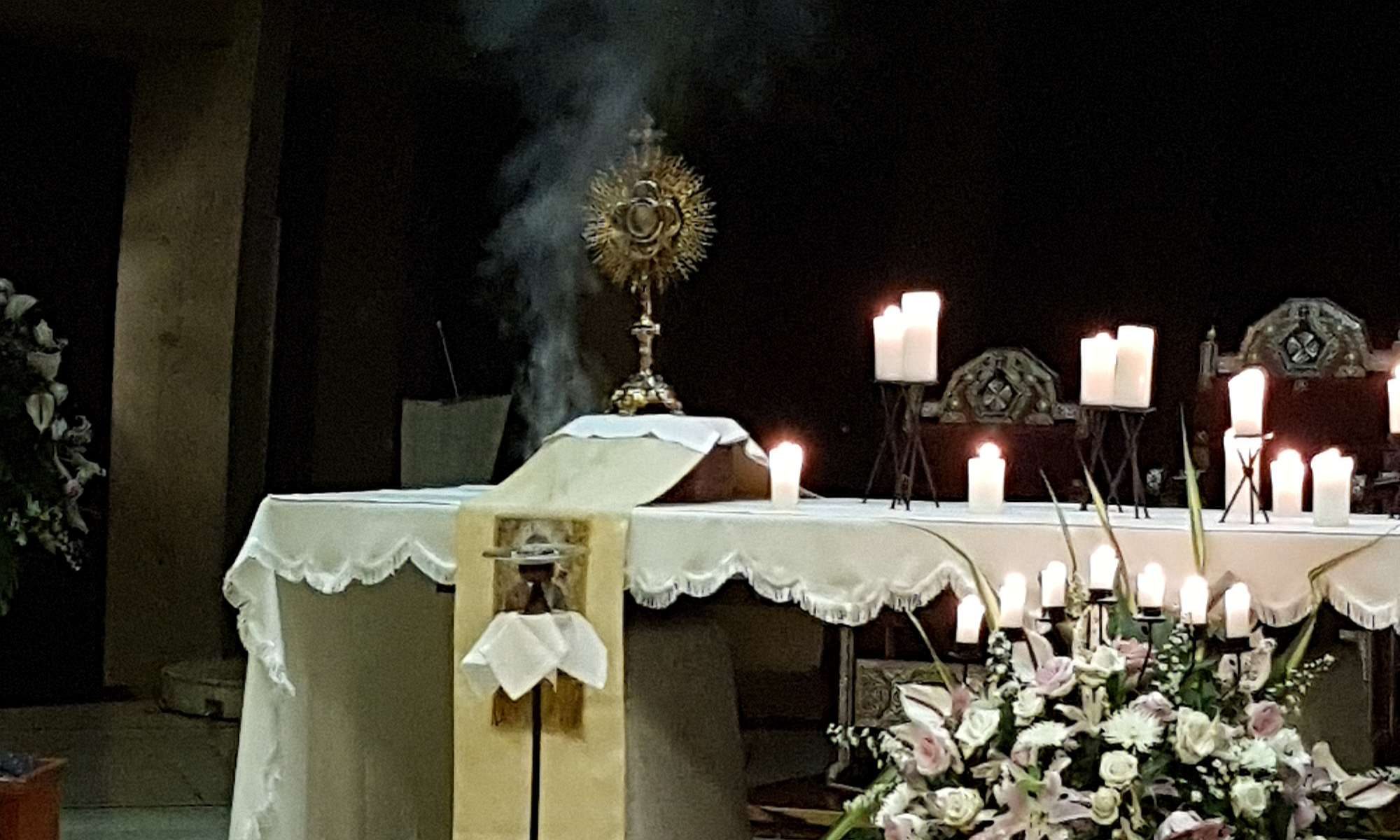Camina despacio y tiene Alzheimer.
Ya lo sabe, y sus ojos tienen el aspecto de una perpetua despedida.
Austin sabe que su propio ser le huye.
Cada día desconoce un poco más de lo que ahora es.
Cada día, lo último que recuerda de sí mismo está más lejos.
Pero no hay amargura en su mirada.
Se aferra a lo esencial.
Sonríe si se equivoca; pide ayuda con frecuencia.
Si recuerda un buen chiste no duda en contarlo.
Convive con su propia perplejidad; ha hospedado sin rencor al absurdo.
Hoy se me humedecieron los ojos.
El pobre viejo se ve angustiado: no sabe dónde dejó el bastón.
Pocas cosas le acompañan tanto como ese recio bastón.
¿De qué sirve un bastón firme que ya no está?
Como tanteando el aire camina por el convento, y de pronto me lo encuentro.
Me pregunta por su bastón; es su angustia en este momento.
Los ojos reflejan grave preocupación: sin el bastón su movilidad se reducirá aún más.
Suspendo lo que estoy haciendo.
Nada me importa; sólo sé que él necesita su bastón.
Intento imaginar dónde lo ha dejado; subo, bajo, y no acierto a encontrarlo.
Mientras busco frenético, el hombre se aleja.
Anochece, es avanzado el otoño, y entre las sombras, Austin se me aleja.
Va camino de su habitación sujetando el aire, pidiendo permiso a la tarde.
No se acuerda de mí, ni recuerda que yo busco su bastón.
Pero le hace falta, le hace mucha falta, y se me parte el alma.
Pido a Dios que me ilumine, y mi plegaria es escuchada.
Colgando de una caneca, camino de uno de los baños, está el bendito bastón.
Llevo mi trofeo a la habitación de Austin.
Está de pie y mira por la ventana.
Luego me mira, sonríe y agradece. Pero sé que no sabe cómo me llamo.
Agarra su bastón como un niño su juguete.
“Haz una lista de los tontos,” me dice.
“Ponme de primero en esa lista,” agrega.
Siento dolor de que se maltrate y le digo muy serio:
“Eso no lo digas nunca, Austin.”
Entonces sonríe y se corrige, como un niño recién regañado.
Me repite que está agradecido.
Le repito que no ha sido nada.
Levanta la mano y me bendice en latín. Creo que no recuerda la bendición en inglés.
Y me voy llorando porque Cristo me ha bendecido.
